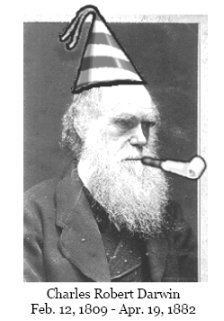At every period during the 5,000 years of history when men developed a higher culture, humanism developed and flourish in civilizations with a high culture. Let’s take a sneak peek at how the various civilisations have contributed to humanism and helped to shape humanistic philosophy.
Antiquity

Above: The Lokaayata school, representing the atheistic philosophy of India, is of great antiquity.
Humanism has its origins in some of the oldest documented philosophies of antiquity – the Vedic period of Indiaand classical ancient Greece- but it did not emerge as an overt and avowed belief systemuntil late in the European Enlightenment. The Carvaka school that originated in India was probably the most explicitly atheistic and materialistic school of philosophy in India. Both Jainism and Buddhism also reject the notion of a personal deity, although they may not be recognised as being explicitly atheistic. In Ancient China, a Chinese philosopher and a great moral teacher, Confucius, tried to replace old religious theocracies with humanistic moral values as the basis for social and political order. Western atheism can be traced back to pre-Socratic Greek philosophy. The 5th century BCE Greek philosopher Diagoras of Melos is sometimes referred to as the “first atheist” and he strongly criticized religion and mysticism. The Roman Stoic philosopher Seneca (2BCE-65CE) wrote, “Religion is recognised by the common people as true, by the wise as false, and by the rulers as useful,” and said, “The time to live is now,” – a motto adopted by almost all modern day humanists.
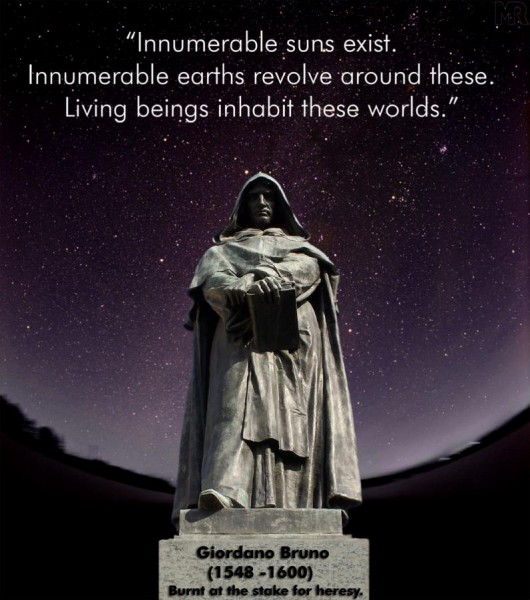
Middle Ages and Renaissance
Much of the wisdom of the ancient world was lost or destroyed in this period, in which intellectual life was dominated by religion and theology. It is often called the “Dark Ages” for this reason. The open espousal of atheistic views was rare in Europe, and atheism was a very uncommon, even dangerous, doctrine to hold. However, certain heterodox views were put forward by individual theologists such as William of Ockham, and by groups like the Brethren of the Free Spirit. Several writers mention that there were “not a few” (in the words of John Calvin) who denied the existence of God. Heterodox views were equally rare in the medieval Islamic world, although the 9th Century scholar Ibn al-Rawandi did go so far as to criticize the notion of religious prophecy and maintained that religious dogmas were not acceptable to reason and must be rejected.
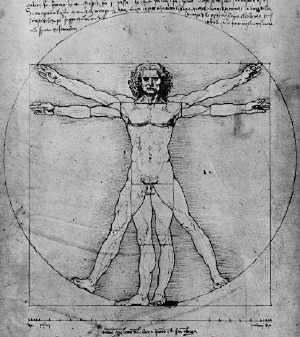
The Renaissance was an important period of intellectual and artistic development, when thinkers began to turn to the Ancients for ideas and also to look to the East – it was an era of exploration and discovery. Arab scholarship was brought to Europe and this influence had a stimulating effect, especially on mathematics, astronomy and medicine. The Church was often hostile to new scientific ideas, which it saw as threatening. The Polish astronomer Copernicus (1473-1543), suggested that a better explanation of the apparent movements of the planets and stars in the solar system than the traditional one (that everything revolved around the Earth) would be that everything revolved around the sun. This was opposed by the Church, as were those who publicly accepted or developed his ideas, such as Giordano Bruno and Galileo. Criticism of Christianity became increasingly frequent in the 17th and 18th Centuries. The number of outspoken refutations to atheism during this period attests to the increasing prevalence of atheist positions.
Enlightenment
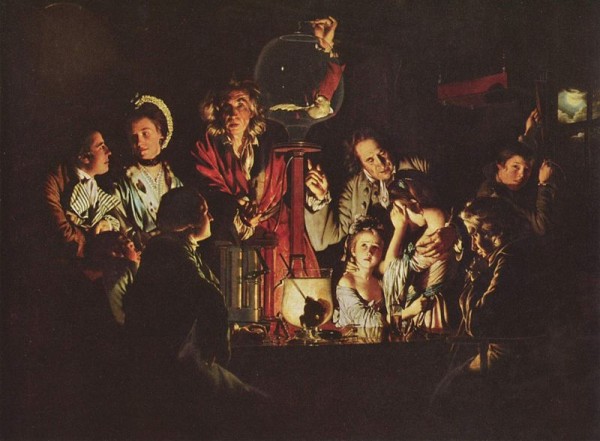
This painting depicts an experiment on a bird in an air pump, by Joseph Wright, 1768 and has become a symbol of the scientific revolution which played a crucial role in the rise of modern secular humanism as we know today.
The seventeenth century saw a continuation of the processes and ideas begun during the Renaissance, with a growth in religious dissent and in the number of Christian denominations, together with much religious persecution and warfare. Atheism was uncommon and persecuted, but criticism of organised religion and traditional religious beliefs was widespread, often coupled with radical political ideas. The first known atheist to bluntly and openly deny the existence of gods was the French priest Jean Meslier, whose radical views were only exposed after his death in 1729.
The eighteenth century was a period of intellectual discovery and ferment in Europe, with opposition (religious, political, and social) becoming more open, despite widespread censorship and the risks of punishment. A few enlightened rulers, such as Frederick the Great of Prussia, were patrons of radical writers and thinkers, fostering the growth of new ideas. The radical campaigner, Thomas Paine, influenced the French and American revolutions which took place at the end of the century, and Mary Wollstonecraft pioneered feminist ideas in her writings.
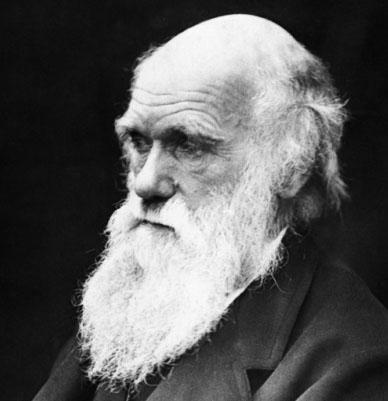
19th Century Freethinkers
Nineteenth century is often thought of as being a pious age. On the other hand, it was a period of scepticism and renunciation of faith for many thinkers as well. The intellectual and religious atmosphere was already changing by the beginning of the nineteenth century. Humanist thinking developed rapidly in the nineteenth century because it was closely associated with new scientific thinking and discoveries. Darwin’s ideas, and new biblical research and scholarship coming from Germany, provoked a crisis of faith in many Victorian intellectuals. Darwin’s defender T H Huxley, coined the word “agnostic” to describe his belief that there were things that we could not possibly know.
The most notable publication of the nineteenth century was Charles Darwin’s Origin of Species. Published in 1859, it explained the origin of man by describing evolution by natural selection over millions of years and confirmed what many had suspected. Upon learning how life on earth evolved and realising that there was no need for a creator, many people became agnostics, though others continued to prefer the biblical account. There were many non-religious scientists who were motivated by the desire to gain more knowledge about the workings of the universe around them and to help improve the condition mankind was in.




